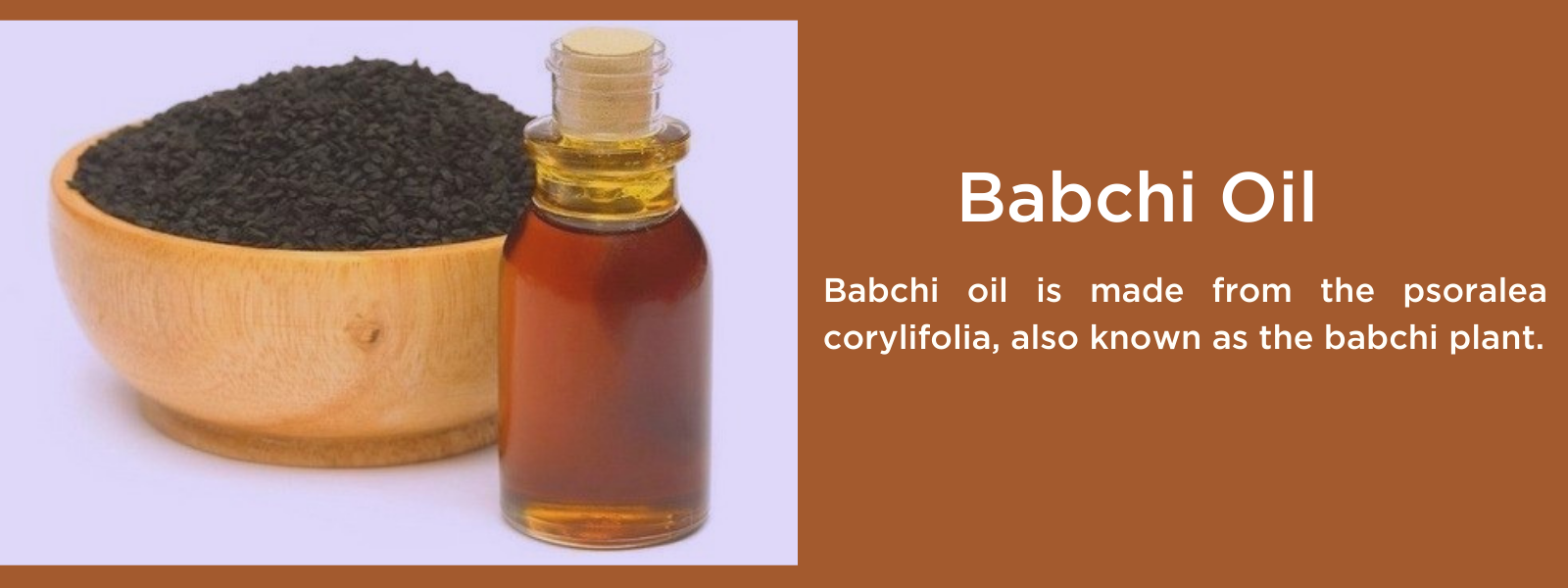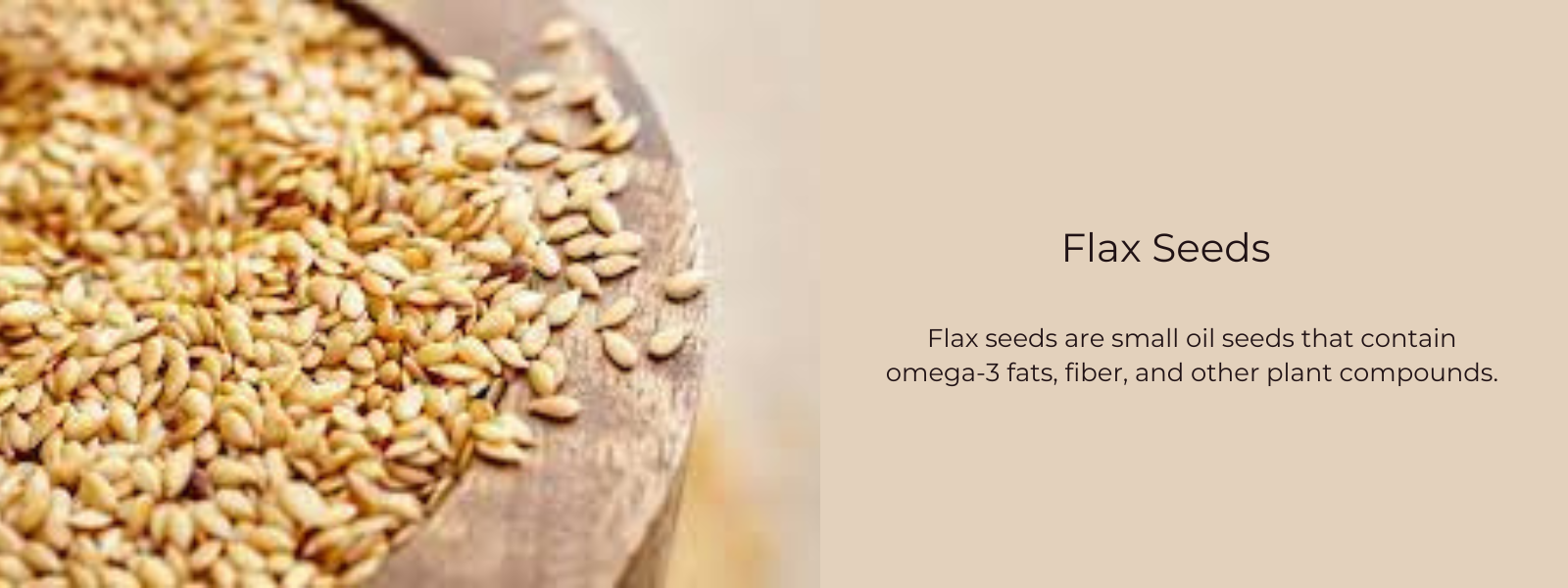Flaxseed oil is commonly used as a dietary supplement to provide the body with omega-3 fatty acids, which can be beneficial for reducing inflammation, improving heart health, and supporting brain function. It is known for its high content of omega-3 fatty acids, which are essential fatty acids that are important for maintaining good health. Flaxseed oil can be consumed as a liquid or in capsule form.
It is important to note that flaxseed oil should not be used as a cooking oil, as it has a low smoke point and can easily become rancid when exposed to heat. Instead, flaxseed oil should be used as a finishing oil or added to foods after they have been cooked. Flaxseed oil should also be stored in a cool, dark place to prevent it from becoming rancid.
Table of Contents
Health Benefits of Flaxseed Oil:
Flaxseed oil has several potential health benefits, including:
- Rich in Omega-3 Fatty Acids: Flaxseed oil is an excellent source of alpha-linolenic acid (ALA), a type of omega-3 fatty acid that has been linked to numerous health benefits, including reduced inflammation, improved heart health, and better brain function.
- Helps in Lowering Cholesterol: Studies have found that flaxseed oil can help lower cholesterol levels, which could potentially reduce the risk of heart disease.
- Reduces Inflammation: Flaxseed oil has anti-inflammatory properties, which can help reduce inflammation in the body and alleviate symptoms of conditions like arthritis.
- Can improve Skin Health: Flaxseed oil contains omega-3 fatty acids and antioxidants that can help improve skin health and reduce the appearance of fine lines and wrinkles.
- Can help with Digestive Issues: Flaxseed oil has been shown to help reduce constipation and improve overall digestive health.
- Benefits hormonal balances: Flaxseed oil contains lignans, which are compounds that have estrogenic properties and may help balance hormones in the body.
It is important to note that more research is needed to fully understand the potential health benefits of flaxseed oil and how it can be used to promote health and wellbeing. Additionally, individuals with certain medical conditions or who are taking certain medications should consult with a healthcare professional before using flaxseed oil as a supplement.
Different Ways to Use Flaxseed Oil:
Flaxseed oil can be used in several different ways, including:
- As a Supplement: Flaxseed oil can be consumed as a dietary supplement by taking a tablespoon or two of the oil each day.
- In Smoothies: Add a tablespoon of flaxseed oil to your favorite smoothie for a boost of omega-3 fatty acids and other nutrients.
- In Salad Dressings: Flaxseed oil can be used as a base for homemade salad dressings, either on its own or mixed with other oils like olive oil.
- Drizzled Over Cooked Vegetables: After cooking your vegetables, drizzle a little flaxseed oil over the top for added flavor and nutrition.
- As a Finishing Oil: Drizzle flaxseed oil over cooked fish or chicken for added flavor and nutrition.
- Mixed into Yogurt or Oatmeal: Add a tablespoon of flaxseed oil to your morning yogurt or oatmeal for a boost of omega-3s and other nutrients.
It is important to note that flaxseed oil should not be used for cooking, as it has a low smoke point and can easily become rancid when exposed to heat. Additionally, flaxseed oil should be stored in a cool, dark place to prevent it from becoming rancid.
How Much Flaxseed Oil Should You Consume:
The amount of flaxseed oil that you should consume can vary depending on your age, sex, weight, and overall health. The recommended daily intake of flaxseed oil for adults is typically between 1 and 2 tablespoons per day.
It is important to note that consuming too much flaxseed oil can cause digestive issues like diarrhea, so it is recommended that you start with a small amount and gradually increase your intake over time.
It is also important to consider that flaxseed oil is a supplement and should not be used as a replacement for other sources of essential nutrients like fruits, vegetables, and whole grains. Additionally, individuals with certain medical conditions or who are taking certain medications should consult with a healthcare professional before using flaxseed oil as a supplement.
Nutrition Facts of Flaxseed Oil:
One tablespoon (14 grams) of flaxseed oil contains approximately:
- Calories: 120
- Total Fat: 14 grams
- Saturated Fat: 1 gram
- Monounsaturated Fat: 3 grams
- Polyunsaturated Fat: 10 grams
- Omega-3 Fatty Acids: 8 grams
- Omega-6 Fatty Acids: 2 grams
- Cholesterol: 0 milligrams
- Sodium: 0 milligrams
- Total Carbohydrates: 0 grams
- Protein: 0 grams
Flaxseed oil is a rich source of omega-3 fatty acids, particularly alpha-linolenic acid (ALA). It also contains lignans, which are compounds that have antioxidant and estrogenic properties. Flaxseed oil is a high-fat food, so it is important to consume it in moderation as part of a balanced diet. It is also important to store flaxseed oil properly in a cool, dark place to prevent it from becoming rancid.
How Does Flaxseed Oil Help With Weight Loss and Digestion:
Flaxseed oil may have several mechanisms that could potentially aid in weight loss and digestion.
Firstly, flaxseed oil is high in fiber, which can help promote feelings of fullness and reduce overall calorie intake. Fiber also helps to slow down the digestion process, which can prevent blood sugar spikes and crashes that can lead to overeating.
Secondly, flaxseed oil is a good source of healthy fats, including omega-3 fatty acids. These healthy fats have been shown to reduce inflammation in the body, which is linked to obesity and weight gain. By reducing inflammation, flaxseed oil may help improve insulin sensitivity and reduce the risk of developing metabolic disorders like diabetes.
Thirdly, the lignans found in flaxseed oil may also have a positive impact on weight loss and digestion. Lignans have been shown to promote the growth of beneficial gut bacteria, which can improve digestion and nutrient absorption. Additionally, lignans may help to reduce inflammation in the gut, which can help alleviate symptoms of conditions like irritable bowel syndrome (IBS).
However, it's important to note that more research is needed to fully understand the mechanisms by which flaxseed oil may help with weight loss and digestion, and it should not be considered a substitute for a healthy diet and exercise. As with any dietary supplement, it is also important to consult with a healthcare professional before adding flaxseed oil to your diet.











Leave a comment